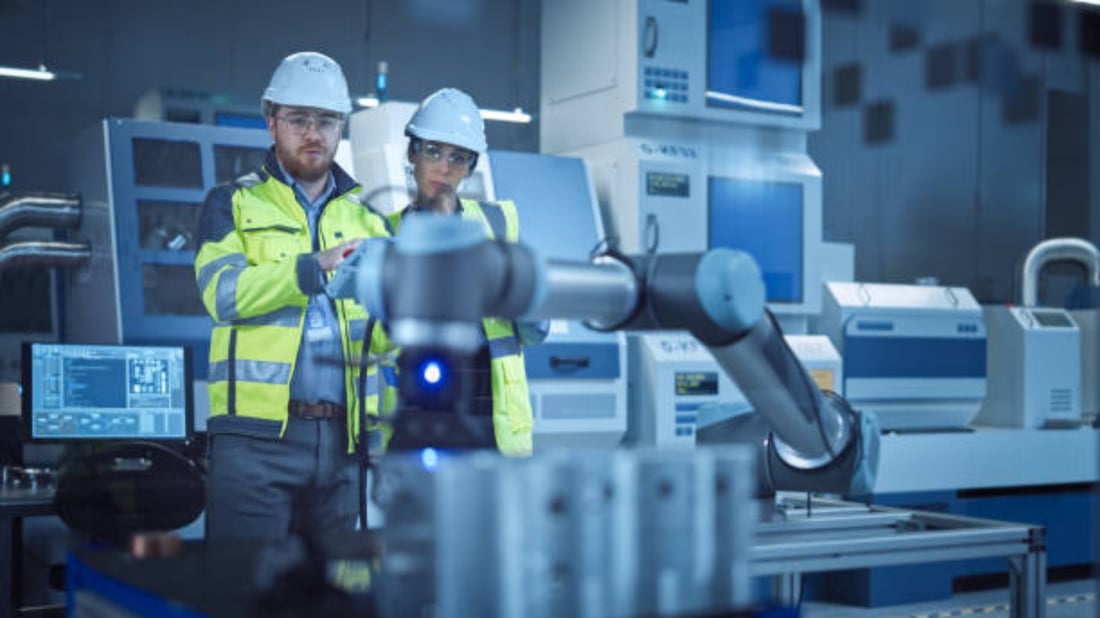The Advantages of CNC Machines in Steel Manufacturing
CNC (Computer Numerical Control) machines have revolutionized the manufacturing industry, particularly in the field of steel production. These machines offer a range of benefits that improve efficiency, accuracy, and productivity. In this article, we will explore the various advantages of using CNC machines in steel manufacturing.
1. Precision Cutting and Shaping
One of the main advantages of CNC machines in steel manufacturing is their ability to achieve precise cutting and shaping. CNC machines are programmed to follow specific instructions, allowing them to create intricate designs and shapes with absolute accuracy. This precision is crucial in steel manufacturing, where even the smallest deviation can result in compromised structural integrity.
2. Increased Efficiency
CNC machines significantly improve the efficiency of steel manufacturing processes. Unlike traditional manual methods, CNC machines can operate continuously, 24/7, without fatigue or human error. This uninterrupted operation ensures faster production and reduces the overall manufacturing time. Additionally, CNC machines can handle multiple tasks simultaneously, further enhancing efficiency.
3. Enhanced Safety
Safety is a paramount concern in any manufacturing environment, especially when dealing with heavy materials like steel. CNC machines are designed to prioritize safety. With automated processes and safety features, these machines minimize the risk of accidents and injuries. Operators can monitor the manufacturing process from a safe distance, reducing their exposure to potential hazards.
4. Consistent Quality
Maintaining consistent quality is crucial in steel manufacturing. CNC machines excel in this aspect by ensuring every piece produced adheres to the same specifications. By eliminating human error and offering precise control, CNC machines consistently deliver high-quality steel components. This consistency is vital in industries such as automotive and aerospace, where reliability is paramount.
5. Complex Machining Capabilities
CNC machines have the capability to perform complex machining operations on steel. These machines can handle multiple axes of movement, enabling them to create intricate designs and shapes that would be challenging or impossible with manual methods. From drilling and milling to turning and grinding, CNC machines offer a wide range of machining capabilities for steel manufacturing.
6. Cost-Effectiveness
While the initial investment in CNC machines may be higher compared to traditional methods, they offer long-term cost savings. CNC machines can operate continuously without breaks, leading to increased production capacity and reduced labor costs. Additionally, the precision of CNC machining reduces material wastage, resulting in significant savings over time.
7. Flexibility and Versatility
CNC machines are incredibly versatile and can be reprogrammed to perform various tasks. This flexibility allows manufacturers to adapt to changing production needs and easily switch between different steel manufacturing processes. Whether it's cutting, shaping, or drilling, CNC machines offer the versatility required to meet diverse industry requirements.
8. Improved Automation
Automation is a key component of CNC machines, making them highly efficient and reducing the need for manual labor. With automated tool changers and robotic arms, CNC machines can perform complex tasks without human intervention. This level of automation not only improves productivity but also frees up human operators to focus on more critical aspects of the manufacturing process.
9. Reduced Lead Times
CNC machines play a vital role in reducing lead times in steel manufacturing. Their ability to operate continuously, combined with high-speed machining capabilities, ensures faster production times. This reduction in lead times allows manufacturers to meet tight deadlines and respond quickly to customer demands, giving them a competitive edge in the market.
10. Advanced Monitoring and Control
CNC machines offer advanced monitoring and control features that allow operators to closely monitor the manufacturing process. Real-time data collection and analysis enable quick identification and resolution of any potential issues. This proactive approach minimizes downtime, maximizes productivity, and ensures consistent quality in steel manufacturing.

